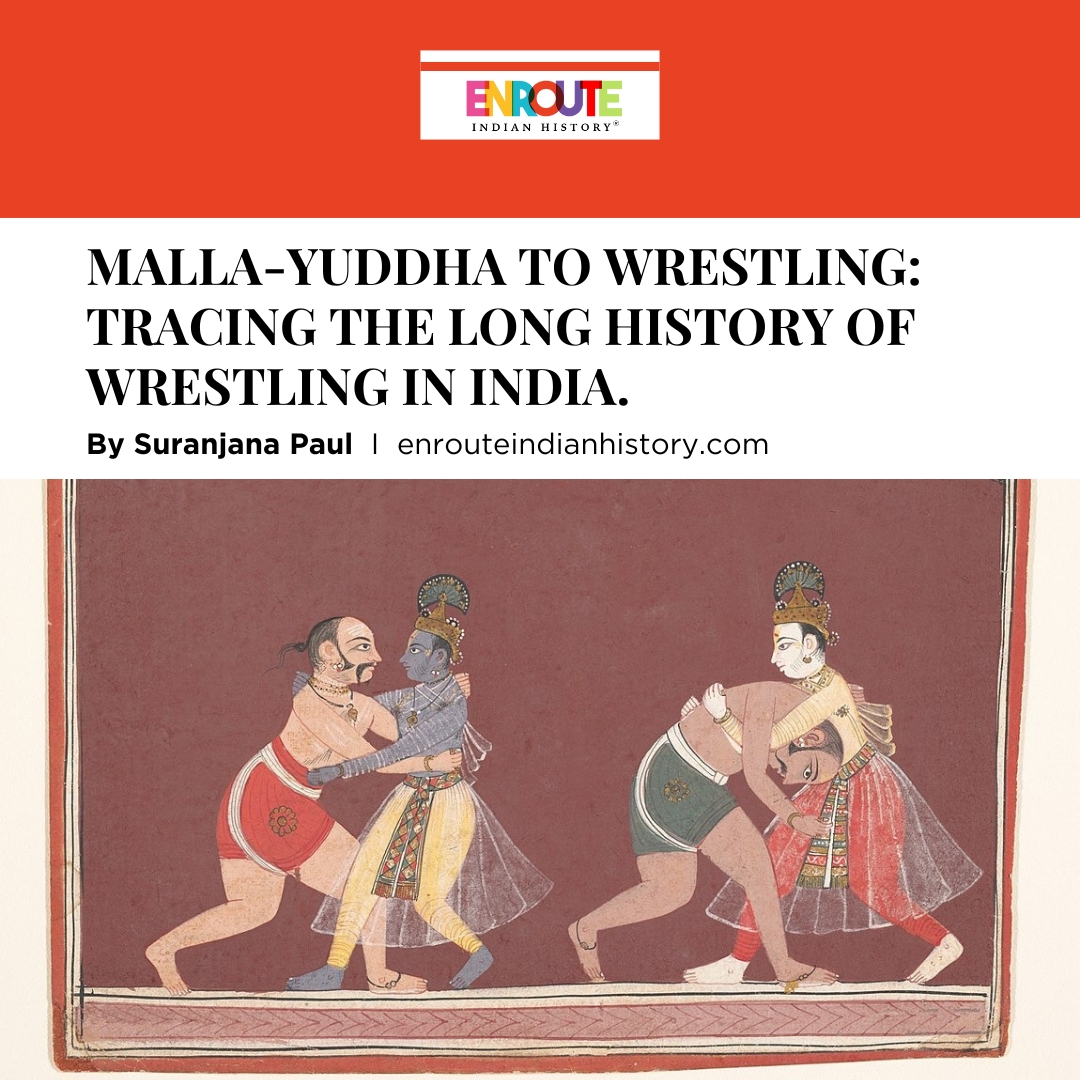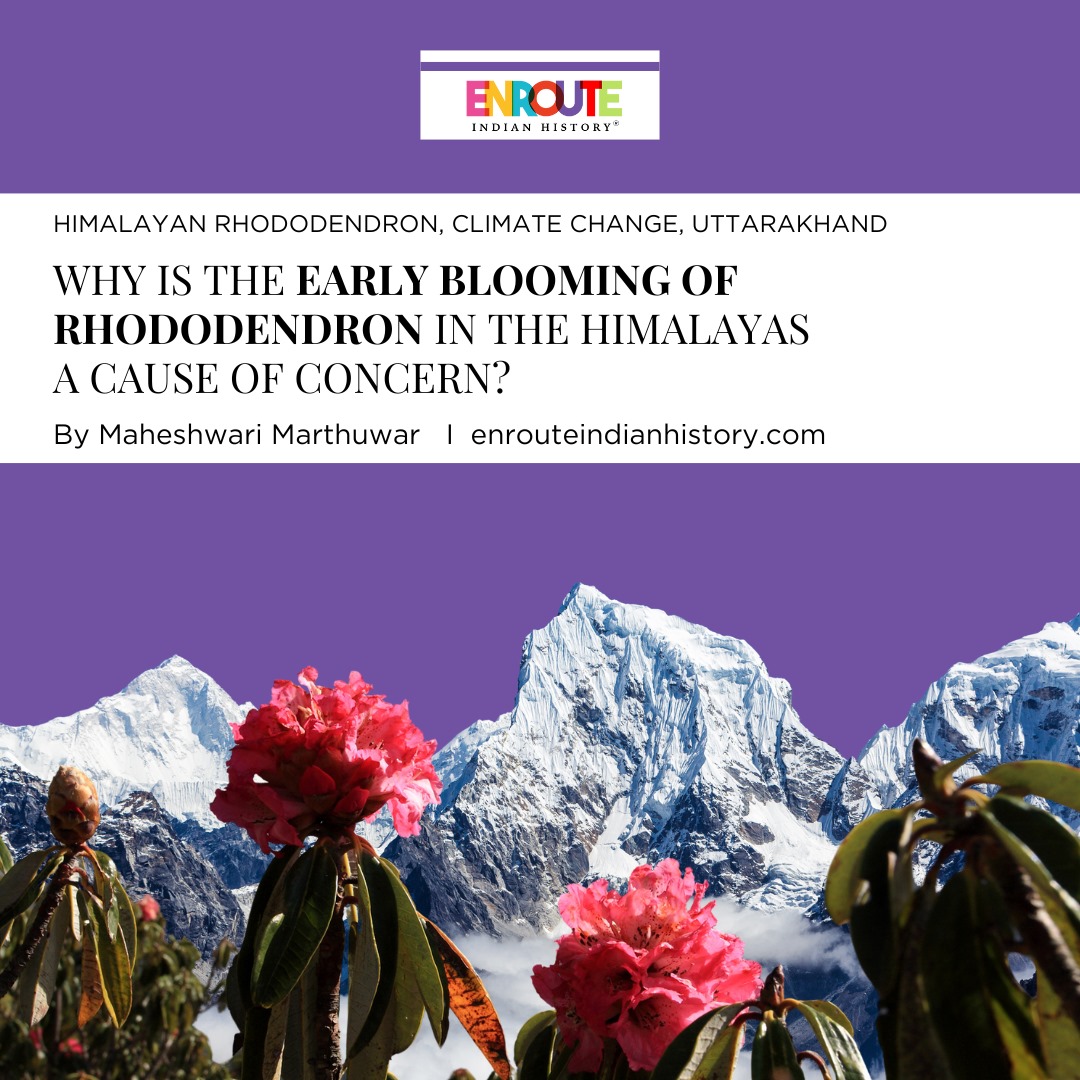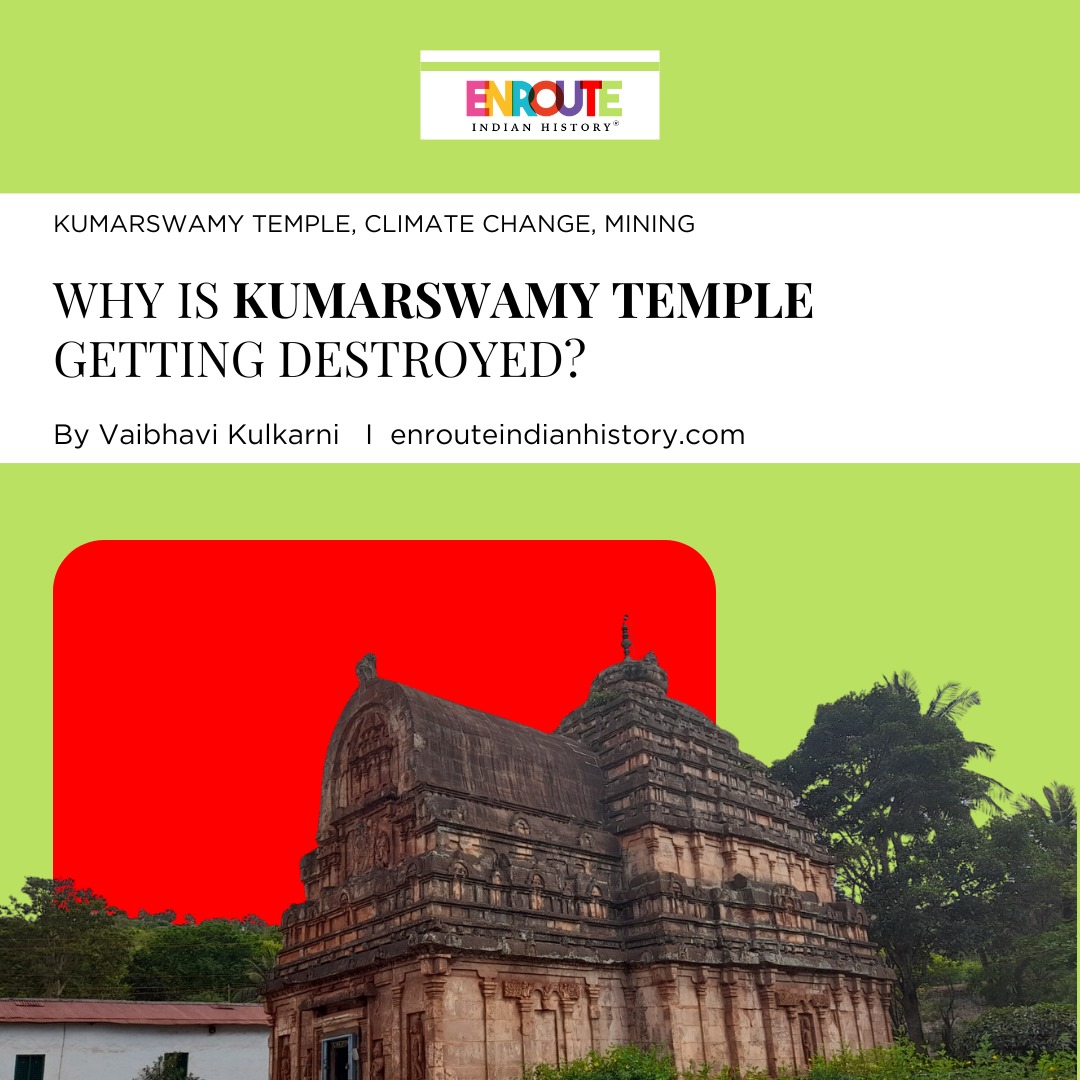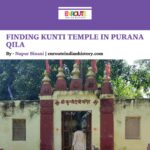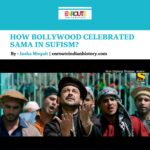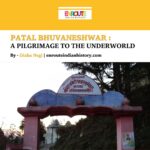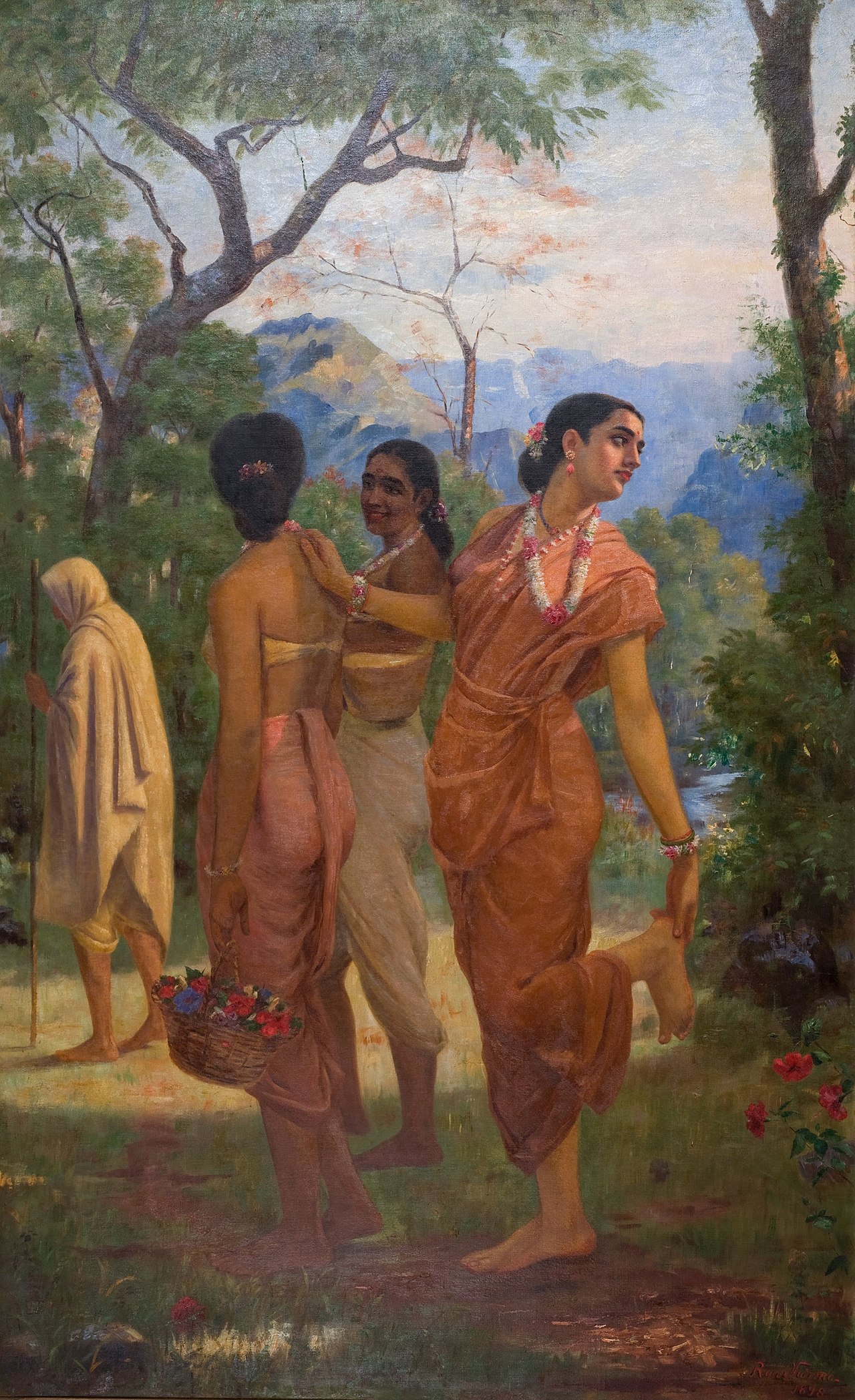Karaga Festival: How a Night Festival Celebrtes Draupadi
- enrouteI
- December 14, 2023
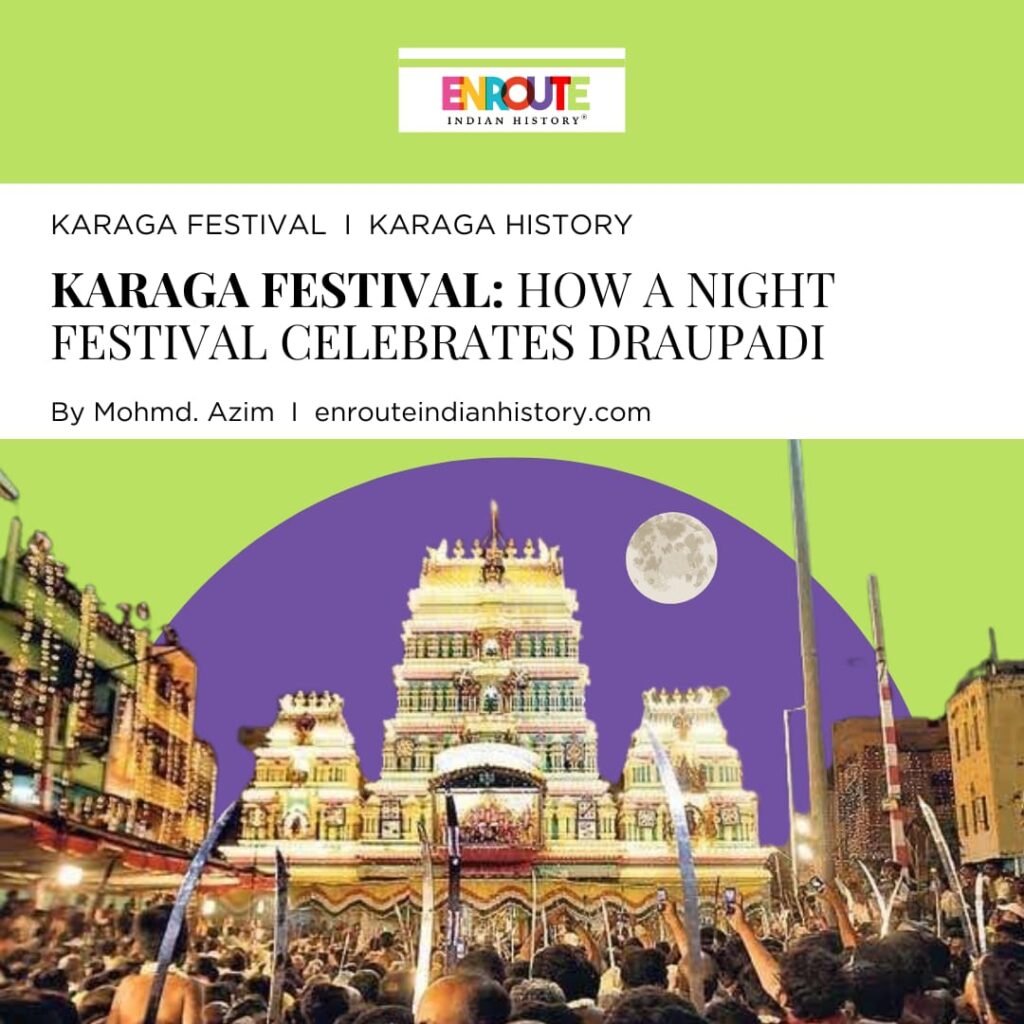
Bengaluru has served as a vibrant cultural melting pot, bearing witness to a plethora of ritual centers and festivals that have evolved from diverse histories and communities. Among these, the Karaga festival stands out as one of the oldest and most significant annual civic celebrations. It takes place in the historic Bengaluru Pete, the old town, and its surrounding areas, drawing participation from the Vahnikula Kshatriyas – a subgroup of the Tigala community.
The word ‘Karaga’ translates to an earthen pot, supporting a floral pyramid and an idol of Goddess. The Karaga is carried on the head of the bearer without touching it. The carrier wears a woman’s attire with bangles, mangal-sutra, and vermillion on his forehead.

Bengaluru’s Karaga Festival
The Historical Roots of the Karaga Festival
The celebration of the Karaga festival in Karnataka boasts a rich history spanning over five centuries, with its roots embedded in the Tigala community—a Tamil-speaking group of gardeners situated in Southern Karnataka. Throughout the centuries, the Tigala community has diligently preserved and passed down the traditions associated with this vibrant festival.

Night time Procession
The origin of the Tigala community remains somewhat elusive. Self-identifying as Vanihikula Kshatriyas, some members trace their lineage to the mythical Veerakumars, an army that reputedly assisted Draupadi in her battle against a demon. Others assert their descent from the lions of Angirasa, a sage whose progeny played pivotal roles in establishing numerous South Indian dynasties. Alternatively, some believe that the Tigalas are the descendants of Agani, the Hindu Goddess of fire.
By the sacred Puranas, Draupadi, revered as the epitome of an ideal woman, is worshipped by the Tigalas as Adishakti Draupadi, their community deity. The Karaga festival unfolds as a tribute to Draupadi, symbolizing the reverence and devotion the Tigala community holds for this embodiment of virtue and strength.
Draupadi’s Veiled Presence: Legends of the Karaga Festival
Legend has it that during the concluding part of the Mahabharata, the Pandavas were granted a glimpse of hell. Amidst this revelation, a formidable demon named Tripurasura remained alive. Seizing the opportunity to vanquish the demon, Draupadi, the wife of the Pandavas, assumed the form of Shakti Devi and assembled a formidable army known as the Veerakumaras.
Engaging in a fierce battle, Draupadi emerged victorious, defeating the formidable Tripurasura. In the aftermath of the battle, the Veerakumaras, grateful for Draupadi’s valor, implored her to stay with them. Despite being unable to comply with their request, Draupadi, in a gesture of goodwill, pledged to visit them annually during the first full moon of the initial month in the Hindu calendar.
This tradition has been upheld by the Tigalas, who believe themselves to be the descendants of the Veerakumaras. Every year, on the specified date, they joyously welcome Draupadi, commemorating the event through the observance of a festival.
Adorned in Devotion: Preparation and Rituals of the Karaga Festival
The preparations for the Karaga festival commence a fortnight before the full moon night of Chaitra, marked by the hoisting of the temple flag on the banks of the Sampangi tank amid the resonating chants of mantras. An integral part of the festivities involves invoking Draupadi through a special puja on the sixth day. Subsequently, on the seventh day, the non-sanctified Karaga or “hasi Karaga” is retrieved from a nearby saltwater pond, adhering to the established tradition.
Three days prior to the festival, the Veerakumaras, chosen from the Tigala community, undergo a sacred initiation (deeksha) at the temple. During this period, they maintain a state of purity and chastity, sustaining it until the culmination of the festival.

The procession of Aarti Dipa where women play a public role in the celebration
The ninth day is dedicated to a fire-walking ritual, during which the temple Veerakumaras don dhotis and wield swords. Engaging in a frenzied dance over live charcoals, they striking their bare chests with the blades before running over the fiery embers. It is believed that at this moment, the Karaga spontaneously positions itself on the head of the designated carrier in seclusion. The vicinity of the temple is adorned with 500 elaborately decorated chariots from various temples across the city, contributing to the grandeur of the festival.
The chosen bearer of the Karaga undergoes a rigorous set of rituals before assuming the responsibility of carrying the pot symbolizing the goddess of power. Initiating his seclusion before the festival, the bearer leaves his home, and his wife assumes the role of a widow, refraining from witnessing him or the procession. She symbolically hands over her mangal-sutra and bangles to her husband. After the festival concludes, the couple undergoes a remarriage ceremony. Throughout the festival, the Karaga bearer remains confined to the temple premises, adhering to a diet of milk and fruits, and observing penance until the festivities reach their conclusion.
Divine Procession: Celebrating the Spiritual Splendor of the Karaga Festival
The Karaga festival, marked by its spectacular rituals and a mesmerizing procession, centers around a unique earthen pot adorned with a floral pyramid and a small goddess figure crowned by a silver umbrella. During the procession, the Karaga is delicately balanced on the carrier’s head without any physical contact.
The precise contents of the pot remain shrouded in mystery, though it is believed to house items such as lemons, vermillion, and tamarind. The Karaga carrier dons a woman’s attire in saffron hues, applying vermillion on the forehead and adorning bangles and a mangal-sutra. Commencing from the Dharmarayaswamy temple at midnight, the procession unfolds as the carrier, surrounded by turbaned, bare-chested Veerakumaras with uncovered swords, navigates through the city’s lanes.
The swords carried by the Veerakumaras hold significant implications: should the Karaga fall due to the carrier losing balance, tradition dictates that the accompanying Veerakumaras must stab him. Remarkably, such a misfortune has never occurred to date.
The procession winds through various city lanes, reaching the temple in the early hours of the next day. Witnessing the Karaga carrier seamlessly traverse crowds with the pot undisturbed atop his head is truly awe-inspiring.
A poignant moment in the procession occurs when it halts at the Dargah-e-Sharif of Hazrat Tawkal Mastan, an 18th-century Muslim saint. Legend has it that the saint, a close friend of a Hindu priest, expressed a dying wish for the Karaga to pause at his dargah. Upholding this tradition for over 300 years, the Tigala community ensures the procession pays homage to the saint.
Accompanied by drum beats and sword displays, the procession includes devotees carrying flower-decked pots on their heads, testing their character’s strength. Upon returning to the temple, devotees conclude the festivities by splashing turmeric water on each other. The following day sees the immersion of the Karaga in the saltwater pond from its origin, signaling the end of the carrier’s fast.
Different forms of the Karaga Festival
The Karaga festival is celebrated throughout Karnataka with minor variations in rituals. In Madikeri, four Karagas, known as shakti devtas, from prominent Mariyamma temples participate in the 10-day festival, concluding on Vijayadashami day. In Mysore, the festival, initiated in 1924, lasts for four days, showcasing unique customs. Despite these differences, both celebrations highlight the cultural and religious significance of the Karaga festival in fostering unity and diversity within Karnataka.

Sri Dharmaraya Swami Temple
In the radiant tapestry of Bengaluru’s cultural heritage, the Karaga Festival stands as a shimmering jewel, weaving together threads of devotion, tradition, and the indomitable spirit of the Tigala community. As the earthen pot adorned with the goddess gracefully glides through the city streets, it carries not just the weight of centuries-old rituals but also the vibrant heartbeat of a community deeply connected to its roots. The Karaga Festival isn’t merely a spectacle; it’s a living testament to the enduring power of faith, the resilience of tradition, and the boundless beauty that unfolds when diverse threads come together in a luminous celebration of light and devotion.
Reference –
Bengaluru’s Karaga Festival: The 11-Day Draupadi Worship Steeped in Mythology. map.sahapedia.org/gallery/Bengaluru%E2%80%99s-Karaga-Festival:-The-11-Day-Draupadi-Worship-Steeped-in-Mythology/10753
Madur, and Madur. “Karaga Festival – a Demonstration of the Rich Cultural and Religious Heritage of Karnataka.” Karnataka.com, 6 Oct. 2021, www.karnataka.com/festivals/karaga-festival.
Bharadwaj, Manasa. “The Legend of Bengaluru Karaga – Manasa Bharadwaj – Medium.” Medium, 6 Jan. 2022, medium.com/@manasa.bharadwaj/the-legend-of-bengaluru-karaga-42c6b2331770.
“Bengaluru’s Karaga Festival: Folk Origins and Rituals | Sahapedia.” Sahapedia, www.sahapedia.org/bengalurus-karaga-festival-folk-origins-and-rituals.
- August 8, 2024
- 8 Min Read
- May 15, 2024
- 6 Min Read


